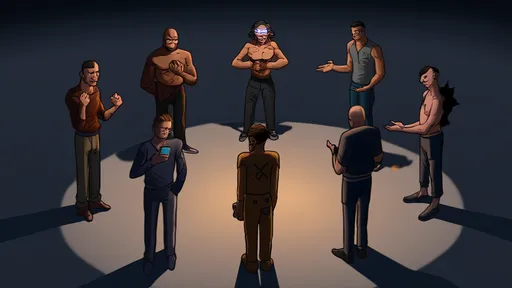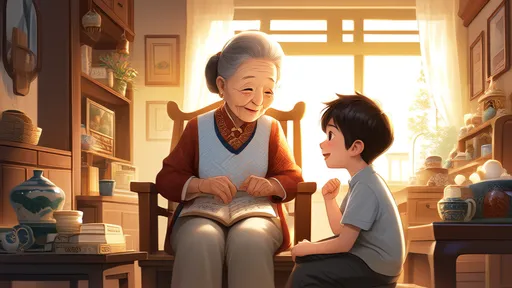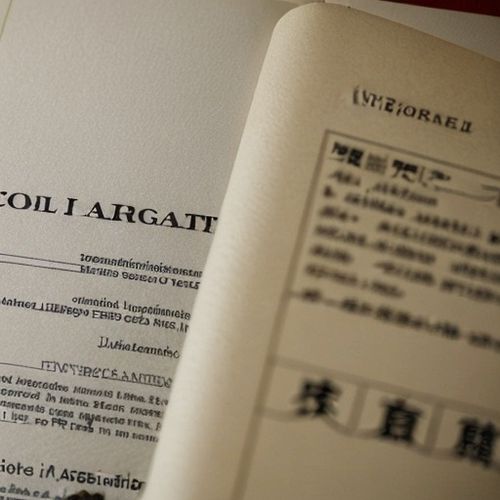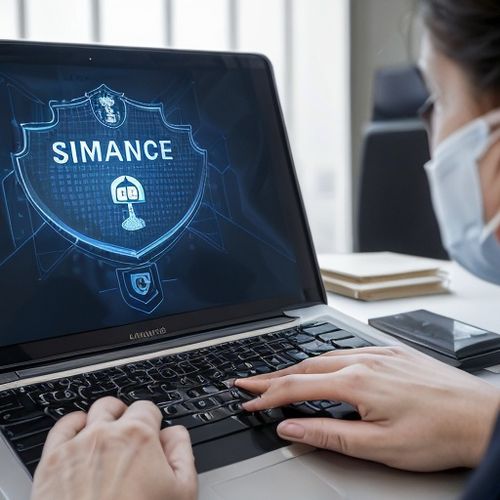In the intricate dance of human relationships, few things are as precious—or as fragile—as genuine friendship. Yet lurking beneath the surface of some connections is a subtle emotional drain that leaves you feeling exhausted rather than uplifted. The phenomenon often referred to as "friendship PUA" (an unsettling cousin of romantic manipulation) describes relationships where one party systematically siphons your emotional energy while offering little in return. These connections often masquerade as meaningful bonds, making them dangerously difficult to identify until you're already depleted.
The Emotional Vampire Phenomenon
We've all encountered them—those friends who leave us feeling like wrung-out dishrags after every interaction. Unlike healthy relationships where energy flows both ways, these connections operate on a one-way street. The term "emotional vampire" isn't merely poetic; neuroscience confirms that toxic social interactions activate the same stress responses as physical threats. Your body literally treats these encounters as attacks, flooding your system with cortisol while draining feel-good neurotransmitters like serotonin and dopamine.
What makes these dynamics particularly insidious is how they flourish under the guise of normal friendship. The manipulator might weaponize vulnerability, frame constant criticism as "honesty," or position themselves as the perpetual victim requiring your endless support. Over time, you find yourself walking on eggshells, prioritizing their needs while your own emotional reserves dwindle. The red flags often appear in hindsight—the disproportionate airtime they command in conversations, the way your mood plummets after seeing their name pop up on your phone, or the unshakable feeling of being used as an emotional crutch rather than valued as a whole person.
The Gaslighting Gambit
Perhaps the most corrosive weapon in the friendship PUA arsenal is gaslighting—the psychological manipulation tactic that makes you question your own perceptions. A master at this might dismiss your legitimate concerns with phrases like "You're too sensitive" or "I was just joking." They reframe their toxic behavior as your personal failing to cope, creating a hall of mirrors where you can't trust your emotional compass. This insidious technique often leads victims to rationalize mistreatment, blaming themselves for reactions that would be completely reasonable in healthy relationships.
The gaslighter frequently employs what psychologists call "crazy-making" behavior—sending mixed signals, denying previous statements, or shifting goalposts. One day they shower you with effusive praise; the next they treat you with icy indifference. This intermittent reinforcement creates a toxic addiction cycle, where you chase the occasional crumbs of validation while enduring prolonged periods of emotional malnutrition. The biochemical hooks run deep: your brain becomes wired to associate this person with both stress and relief, much like a gambler awaiting the next payout at a slot machine.
The Empath's Trap
Highly sensitive people often find themselves particularly vulnerable to friendship PUA dynamics. Their natural compassion and attunement to others' emotions make them prime targets for those seeking unlimited emotional labor. The manipulator identifies these traits early, praising their "listening skills" or "emotional intelligence" while quietly exploiting these very qualities. What begins as mutual sharing gradually morphs into a therapist-patient dynamic, where the empath shoulders all the emotional weight while receiving minimal support in return.
This imbalance frequently stems from differing attachment styles. The manipulator often exhibits anxious or avoidant patterns, while the empath typically has a more secure orientation that gets eroded over time. The empath's willingness to forgive and understand becomes weaponized against them, as the manipulator learns there are no real consequences for boundary violations. Soon, simple acts of basic decency from the manipulator feel like grand gestures, while the empath's substantial emotional contributions become expected entitlements.
Digital Age Dimensions
Modern technology has given friendship PUA new vectors for operation. The manipulator who floods your inbox with midnight crises expects immediate responses regardless of your schedule. Social media provides fresh ammunition—vaguebooking designed to elicit concern, performative vulnerability that garners attention, or the strategic withholding of likes and comments to create anxiety. These digital breadcrumbs form a trail of psychological dependency, keeping you emotionally tethered while requiring minimal actual investment from the other party.
The always-connected nature of contemporary life also enables more subtle forms of control. A friend might monitor your online activity to guilt-trip you about responding to others but not them. They could use read receipts as weapons, or manufacture jealousy by conspicuously interacting with mutual connections while ignoring you. These behaviors mirror toxic romantic relationships, yet because they occur in platonic contexts, we often lack the vocabulary to identify and address them.
Reclaiming Your Emotional Sovereignty
Breaking free from these dynamics requires both awareness and courage. The first step involves trusting your bodily wisdom—that heaviness in your chest before meetups, the tension headache after phone calls. These physiological signals often detect toxicity long before your conscious mind catches up. Begin noting patterns: Do you feel better or worse after interactions? Is the relationship's emotional ledger balanced over time? Would you tolerate their behavior from someone you were dating?
Setting boundaries often provokes extreme reactions from emotional vampires, as their survival depends on your compliance. They might escalate with guilt trips, smear campaigns, or sudden displays of vulnerability. This is where many people falter, mistaking the manipulator's distress for genuine need rather than recognizing it as resistance to losing control. Staying firm during this phase is crucial; their reaction often confirms the very dynamic you're trying to escape.
The path to healthier relationships begins with recognizing your worth isn't determined by how much suffering you endure for others. True friendship should feel like sunlight, not shadow—a space where your energy is replenished rather than depleted, where vulnerability is met with care rather than exploitation. As you recalibrate your connections, you'll discover an astonishing truth: when you stop pouring into leaky vessels, you finally have enough to nourish yourself.

By /Jun 17, 2025

By /Jun 17, 2025

By /Jun 17, 2025

By /Jun 17, 2025

By /Jun 17, 2025

By /Jun 17, 2025

By /Jun 17, 2025

By /Jun 17, 2025

By Sophia Lewis/Apr 19, 2025

By Elizabeth Taylor/Apr 19, 2025

By James Moore/Apr 19, 2025

By Rebecca Stewart/Apr 19, 2025

By Ryan Martin/Apr 19, 2025

By James Moore/Apr 19, 2025

By Sarah Davis/Apr 19, 2025

By George Bailey/Apr 19, 2025

By James Moore/Apr 19, 2025

By Amanda Phillips/Apr 19, 2025